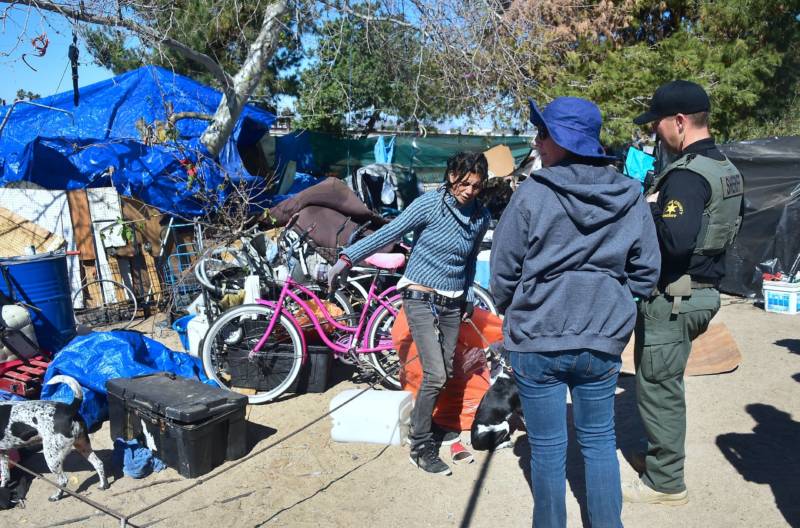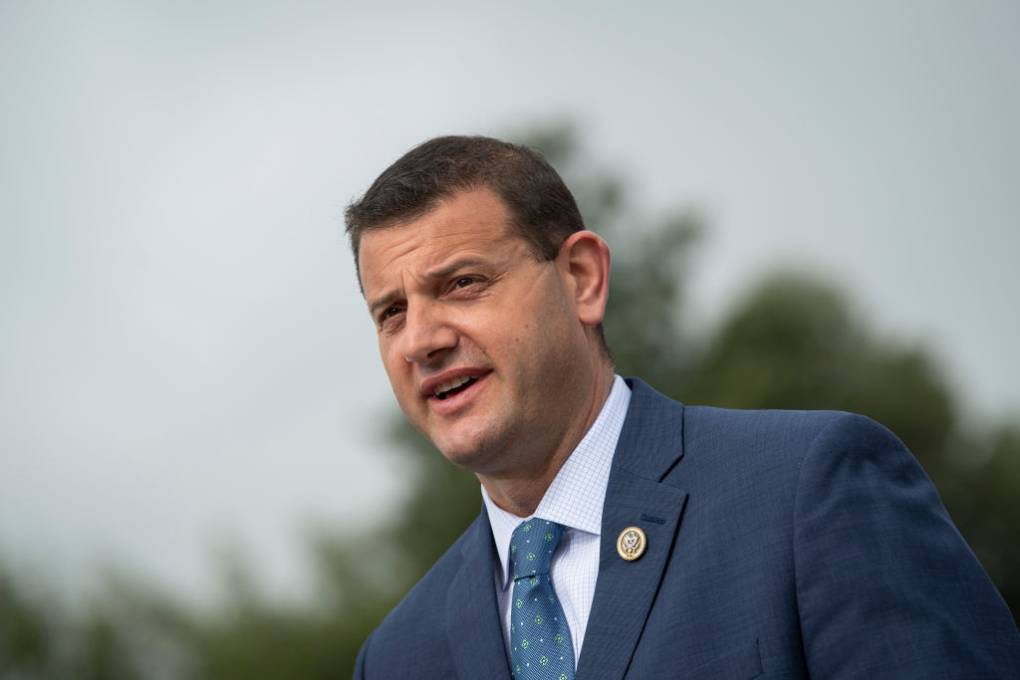"We’ve got five of the wealthiest 20 cities in America,” said Carter during a particularly heated hearing in April 2018. “This is not about money. We are better than this."
Another homeless civil rights lawsuit, filed in February against the cities of Aliso Viejo, Dana Point, Irvine, San Clemente and San Juan Capistrano, is still pending in federal court under the supervision of a different federal judge, who replaced Carter after defendants pushed to have him recused.
The county and cities have since made progress on the construction of new shelters in Costa Mesa, Buena Park and Santa Ana, among other locales.
The new settlement establishes rules across local government agencies for addressing homelessness. It comes just a few months after the preliminary results of the latest county point-in-time homeless count found that the number of homeless people had ballooned to nearly 7,000 — more than a 40% increase since 2017 — with over half living in unsheltered conditions.
"This settlement is really about what the big picture is going to look like," said Brooke Weitzman, an attorney with the Elder Law and Disability Rights Center, who helped file the original suit. "What are the consistent policies going to look like? How is the county going to implement best practices? What is the sheriff going to do in terms of enforcement?"
The settlement sanctions the Orange County Sheriff's Department to create "policies and procedures" for enforcing anti-camping and anti-loitering ordinances. But it emphasizes that law enforcement officials must comply with the 9th U.S. Circuit Court of Appeals 2018 Martin v. Boise ruling, which determined that homeless people can't be cited for camping unless they've been offered somewhere else to go.
Sheriff's deputies will be required to work with specially trained service workers to schedule screenings with individual homeless people in order to determine proper local placement. The settlement also prevents officials from picking up homeless people in one city and taking them to another for services, a practice known as "dumping."
The settlement also includes establishing standards of care for county-funded shelters and service programs; clinical assessments; developing a plan to better accommodate people with disabilities and guaranteeing due process protections for those who have been denied services.
The agreement comes just months after the American Civil Liberties Union issued a damning report on three county-run shelters, describing unsafe and unsanitary living conditions, a culture of discrimination and abuse, violation of rights without due process and an overall lack of accountability.
The court will continue to have jurisdiction over the two lawsuits for the next three years to oversee the implementation of the settlement and address any disputes.
"This [settlement] signifies that to the federal court's satisfaction we have built out an adequate number of shelter beds that would allow the jurisdictions the ability to enforce their anti-camping and nuisance law," said Orange County Supervisor Andrew Do, who called it an "exemplary" agreement. "The north and central regions constitute about 80% of the number of homeless we have in the county. So to the degree that we can at least help address and meet the need of 80% of our homeless population, that's a big win for us as a county.”
Brooke Weitzman, the attorney representing the plaintiffs in the suit, said the settlement signals that officials and resident can no longer ignore the root issues of homelessness.
"You can't pretend it's a problem purely stemming from addiction," she said. "Our elected officials and our residents all need to look at this and say, 'Look, it's a housing problem and we need to figure out how we're going to make sure that people are safe and alive between now and when we have enough housing.' "



